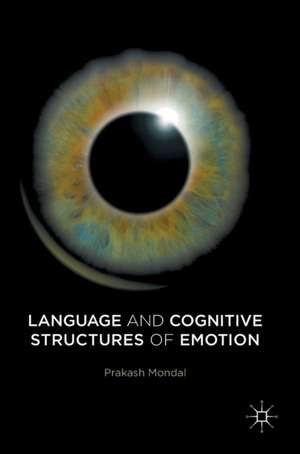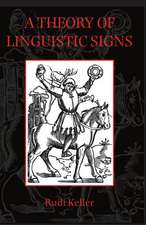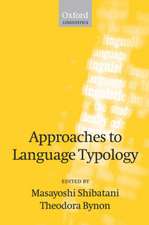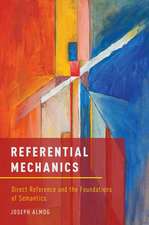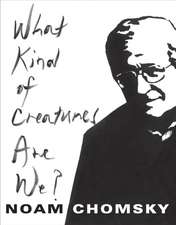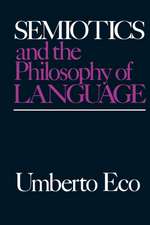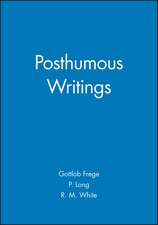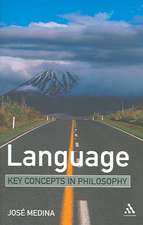Language and Cognitive Structures of Emotion
Autor Prakash Mondalen Limba Engleză Hardback – 27 sep 2016
| Toate formatele și edițiile | Preț | Express |
|---|---|---|
| Paperback (1) | 380.84 lei 6-8 săpt. | |
| Springer International Publishing – 27 iun 2018 | 380.84 lei 6-8 săpt. | |
| Hardback (1) | 385.84 lei 6-8 săpt. | |
| Springer International Publishing – 27 sep 2016 | 385.84 lei 6-8 săpt. |
Preț: 385.84 lei
Nou
Puncte Express: 579
Preț estimativ în valută:
73.84€ • 76.81$ • 60.96£
73.84€ • 76.81$ • 60.96£
Carte tipărită la comandă
Livrare economică 14-28 aprilie
Preluare comenzi: 021 569.72.76
Specificații
ISBN-13: 9783319336893
ISBN-10: 3319336894
Pagini: 141
Ilustrații: XVII, 182 p. 24 illus.
Dimensiuni: 148 x 210 x 17 mm
Greutate: 0.36 kg
Ediția:1st ed. 2016
Editura: Springer International Publishing
Colecția Palgrave Macmillan
Locul publicării:Cham, Switzerland
ISBN-10: 3319336894
Pagini: 141
Ilustrații: XVII, 182 p. 24 illus.
Dimensiuni: 148 x 210 x 17 mm
Greutate: 0.36 kg
Ediția:1st ed. 2016
Editura: Springer International Publishing
Colecția Palgrave Macmillan
Locul publicării:Cham, Switzerland
Cuprins
Chapter I: Introduction: Intensionality and Emotive Expressions.- Chapter II: How the Intentional Content of Emotion can be Traced to the Intensionality of Emotive Expressions.- Chapter III: Emotive Intensionality, Meaning and Grammar.- Chapter IV: Toward an Architecture of the Language-Emotion Interface.- Chapter V: Conclusion.
Notă biografică
Prakash Mondal is Assistant Professor of Linguistics and Cognitive Science at the Indian Institute of Technology Hyderabad. He is the author of Language, Mind and Computation (2014), Natural Language and Possible Minds (2016) and Language, Biology and Cognition (completed).
Textul de pe ultima copertă
This book examines linguistic expressions of emotion in intensional contexts and offers a formally elegant account of the relationship between language and emotion. The author presents a compelling case for the view that there exist, contrary to popular belief, logical universals at the intersection of language and emotive content. This book shows that emotive structures in the mind that are widely assumed to be not only subjectively or socio-culturally variable but also irrelevant to a general theory of cognition offer an unusually suitable ground for a formal theory of emotive representations, allowing for surprising logical and cognitive consequences for a theory of cognition. Challenging mainstream assumptions in cognitive science and in linguistics, this book will appeal to linguists, philosophers of the mind, linguistic anthropologists, psychologists and cognitive scientists of all persuasions.
Prakash Mondal is Assistant Professor of Linguistics and CognitiveScience at the Indian Institute of Technology Hyderabad. He is the author of Language, Mind and Computation (2014), Natural Language and Possible Minds (2016) and Language, Biology and Cognition (completed).
Caracteristici
Develops a unified account of linguistic intensionality by integrating its different aspects or dimensions in the matrix of emotive expressions Reformulates the very notion of what the cognitive architecture looks like by entangling the formal properties of emotion with those of language Gives a symbolic grist to the mill of cognition by drawing upon insights from linguistics, philosophy of mind, psychology, biology and computer science
